Home>Garden Essentials>How To Use Kalonji Seeds
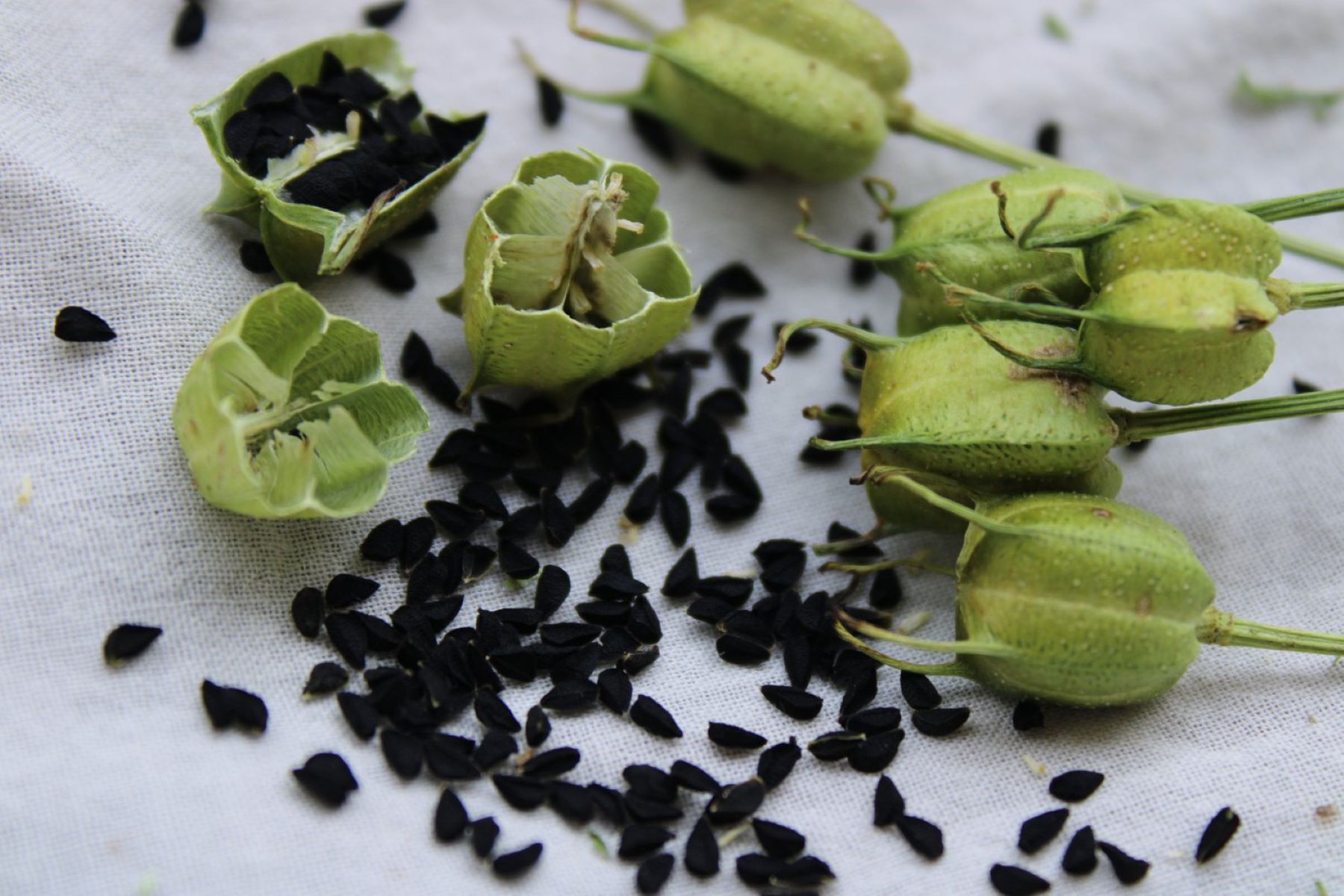

Garden Essentials
How To Use Kalonji Seeds
Modified: March 16, 2024
Learn how to use garden kalonji seeds effectively and unleash their amazing benefits. Discover tips, techniques, and recipes for incorporating kalonji seeds into your gardening routine.
(Many of the links in this article redirect to a specific reviewed product. Your purchase of these products through affiliate links helps to generate commission for Storables.com, at no extra cost. Learn more)
Introduction
Kalonji seeds, also known as Nigella seeds or black cumin seeds, are tiny black seeds with a distinct flavor and a long history of culinary and medicinal use. These seeds come from the Nigella sativa plant, native to North Africa, Asia, and the Middle East. Despite their small size, they pack a punch when it comes to their nutritional profile and health benefits.
For centuries, kalonji seeds have been valued not only for their culinary uses but also for their medicinal properties. They have been used in traditional Ayurvedic and Unani medicine to treat various ailments, thanks to their rich composition of essential oils, minerals, and vitamins.
Today, kalonji seeds are gaining popularity worldwide as a superfood due to their numerous health benefits. In this article, we will explore the benefits of kalonji seeds, how to store them, different ways to incorporate them into your cooking, and their potential medicinal uses. However, keep in mind that while kalonji seeds have been used for centuries, it is always best to consult with a healthcare professional before using them for therapeutic purposes.
So, let’s dive into the wonderful world of kalonji seeds and discover how they can add flavor and health to your life!
Key Takeaways:
- Kalonji seeds, also known as Nigella seeds, are small but mighty, adding a unique, slightly bitter taste to dishes while offering numerous health benefits, including antioxidants and digestive support.
- When using kalonji seeds, store them in airtight containers, grind or roast them as needed, and choose high-quality seeds from trusted sources. Always consult a healthcare professional before using them for medicinal purposes.
Read more: How To Use Amaranth Seeds
What are Kalonji Seeds?
Kalonji seeds, scientifically known as Nigella sativa, are small black seeds derived from the Nigella sativa plant. These seeds have been used in cooking and traditional medicine for thousands of years due to their unique flavor and numerous health benefits.
Kalonji seeds have a slightly bitter and nutty taste, which becomes more pronounced when they are roasted or crushed. They are commonly used as a spice in Middle Eastern, Indian, and North African cuisines. Apart from their culinary uses, these seeds are also rich in various nutrients and bioactive compounds, making them a valuable addition to a healthy diet.
One of the key bioactive compounds found in kalonji seeds is thymoquinone. This compound is attributed to many of the seeds’ health benefits, including anti-inflammatory, antioxidant, and antimicrobial properties. Additionally, kalonji seeds are a good source of essential fatty acids, vitamins (such as vitamin A, B, and C), minerals (including iron, calcium, and potassium), and dietary fiber.
Traditionally, kalonji seeds have been used for their medicinal properties. They have been believed to have therapeutic effects on various health conditions, such as asthma, allergies, diabetes, high blood pressure, and digestive issues. While more scientific research is needed to fully understand the extent of these benefits, kalonji seeds are widely recognized for their potential health-promoting properties.
In culinary applications, kalonji seeds are often used as a spice to add flavor and aroma to a variety of dishes. They are commonly used in curries, pickles, dal, vegetable dishes, and flatbreads like naan or roti. The seeds can be used whole, roasted, or ground into a powder, depending on the desired intensity of flavor.
Now that we have a better understanding of what kalonji seeds are, let’s explore the various benefits they offer for our overall health and well-being.
Benefits of Kalonji Seeds
Kalonji seeds have been revered for their health benefits for centuries. Let’s take a closer look at some of the key advantages they offer:
- Rich source of antioxidants: Kalonji seeds are packed with antioxidants like thymoquinone, which help protect the body against free radicals and oxidative stress.
- Anti-inflammatory properties: The active compounds in kalonji seeds have anti-inflammatory effects that can help reduce inflammation and alleviate symptoms of conditions like arthritis.
- Boosts immune system: The immune-boosting properties of kalonji seeds can help strengthen the body’s defense against infections and diseases.
- Improves respiratory health: Kalonji seeds have been used in traditional medicine to relieve respiratory ailments like asthma, bronchitis, and nasal congestion.
- Supports digestive health: The fiber content in kalonji seeds can aid in proper digestion, relieve constipation, and promote a healthy gut.
- Regulates blood sugar levels: Studies suggest that kalonji seeds may help regulate blood sugar levels and improve insulin sensitivity, making them beneficial for individuals with diabetes.
- Promotes cardiovascular health: The essential fatty acids present in kalonji seeds, such as omega-3 and omega-6 fatty acids, can help reduce cholesterol, lower blood pressure, and support heart health.
- Enhances skin and hair health: The antioxidant properties of kalonji seeds can help protect the skin from damage, reduce inflammation, and promote healthy hair growth.
- Aids weight loss: The fiber and protein content in kalonji seeds can promote satiety, reduce cravings, and support weight loss efforts.
While these benefits are promising, it’s important to note that kalonji seeds should be consumed as part of a balanced diet and a healthy lifestyle. They are not a magical cure-all but can be a valuable addition to an overall nutritious eating plan.
Next, let’s explore how to store kalonji seeds properly to ensure their freshness and potency.
How to Store Kalonji Seeds
Proper storage of kalonji seeds is crucial for maintaining their freshness and preserving their flavor and nutritional value. Here are some guidelines to help you store kalonji seeds effectively:
- Store in an airtight container: Transfer the kalonji seeds to a clean, dry, and airtight container to protect them from moisture and air exposure. It’s best to choose a container that is opaque or made of dark-colored glass to shield the seeds from light.
- Keep in a cool, dark place: Store the container of kalonji seeds in a cool and dry spot, away from direct sunlight, heat, and humidity. The ideal temperature for storage is between 50°F and 70°F (10°C and 21°C).
- Avoid frequent exposure to air: Opening the container frequently can introduce moisture and oxygen, causing the seeds to spoil quickly. Try to remove only the amount of seeds you need, and promptly seal the container.
- Check for freshness: Periodically check the seeds for any signs of spoilage, such as a rancid smell, mold, or discoloration. If you notice any of these signs, it’s best to discard the seeds and replace them with fresh ones.
- Grind or roast as needed: To enhance the flavor of kalonji seeds, you can grind them or roast them lightly before using them in your dishes. It’s recommended to do this just before using them to retain their freshness and aroma.
Following these storage guidelines will help ensure that your kalonji seeds stay fresh and potent for an extended period. Now that you know how to store them properly, let’s discover various ways to incorporate kalonji seeds into your cooking.
Tip: To use kalonji seeds, you can sprinkle them on salads, yogurt, or smoothies for a nutty flavor. You can also add them to bread dough or curry dishes for a unique taste and added health benefits.
Ways to Incorporate Kalonji Seeds in Cooking
Kalonji seeds have a distinct flavor that adds a unique touch to dishes. Here are some creative ways to incorporate kalonji seeds in your cooking:
- Tempering: One of the most common ways to use kalonji seeds is in tempering. Heat oil or ghee in a pan, add kalonji seeds along with other spices like cumin and mustard seeds, and sauté them until they release their aroma. This flavorful tempering can be added to curries, dals, or stir-fried vegetables.
- Flatbreads: Sprinkle kalonji seeds on top of flatbreads like naan or roti before baking or cooking. The seeds will add texture and a slightly bitter taste that pairs well with the bread’s flavors.
- Pickles: Kalonji seeds are a popular ingredient in Indian-style pickles. You can mix them with other spices and vegetables like mango, lime, or chili peppers to create tangy and spicy pickles.
- Rice and Pilaf: Add a pinch of kalonji seeds to rice dishes or pilafs for a fragrant and flavorful twist. The seeds complement the grains and spices, enhancing the overall taste of the dish.
- Spice blends: Ground kalonji seeds can be included in homemade spice blends. You can combine them with other spices like cumin, coriander, and turmeric to create versatile spice mixes for various dishes.
- Soups and stews: Sprinkle kalonji seeds as a finishing touch over soups, stews, or lentil dishes to add a nutty flavor and a crunchy texture.
- Baked goods: Incorporate kalonji seeds into bread dough, muffin batter, or savory scones for an interesting flavor twist. The seeds can also be sprinkled on top of bread rolls or biscuits before baking.
- Salad dressings: Add ground kalonji seeds to homemade salad dressings or vinaigrettes to give them a unique flavor. The seeds can elevate the taste of simple salads with their aromatic profile.
Remember to adjust the quantity of kalonji seeds according to your preference and taste. You can experiment with different recipes and explore creative uses of these tiny seeds to enhance your culinary creations.
While kalonji seeds are renowned for their culinary uses, they are also valued for their potential medicinal properties. In the next section, we will delve into the various ways kalonji seeds can be used for medicinal purposes.
Read more: How To Use Anise Seed
Using Kalonji Seeds for Medicinal Purposes
Kalonji seeds have long been used in traditional medicine for their potential therapeutic effects. While more scientific research is needed to fully understand their medicinal properties, they are believed to offer several health benefits:
- Respiratory health: Kalonji seeds have been traditionally used to alleviate respiratory issues like asthma, bronchitis, and nasal congestion. You can consume them by adding a pinch of kalonji seeds to warm water, honey, or herbal teas.
- Immune system support: Kalonji seeds are known for boosting the immune system. You can grind the seeds and mix them with honey to create a natural immunity-boosting remedy.
- Digestive aid: The fiber content in kalonji seeds can support digestion and relieve constipation. Consuming a teaspoon of kalonji seeds with water or yogurt can promote healthy digestion.
- Weight management: Kalonji seeds are believed to aid in weight loss by promoting satiety and reducing cravings. Including them in your diet, along with regular exercise and a balanced eating plan, may be beneficial for weight management.
- Diabetes management: Studies suggest that kalonji seeds may help regulate blood sugar levels and improve insulin sensitivity. However, it’s important to consult with a healthcare professional before using them as a supplement for diabetes management.
- Skin and hair health: Kalonji seeds contain antioxidants that can protect the skin from damage and reduce inflammation. Applying a paste of kalonji seeds mixed with a carrier oil can help improve skin and hair health.
- Heart health: The essential fatty acids in kalonji seeds, such as omega-3 and omega-6, have been associated with cardiovascular benefits. Including kalonji seeds as part of a heart-healthy diet may support overall cardiovascular well-being.
While kalonji seeds offer potential health benefits, it’s essential to remember that they are not a substitute for professional medical advice. If you are considering using kalonji seeds for medicinal purposes, it’s advisable to consult with a healthcare practitioner to determine the right dosage and ensure compatibility with your specific health condition or medication use.
Now that we have explored the potential medicinal uses of kalonji seeds, let’s discuss some precautions and possible side effects associated with their consumption.
Precautions and Side Effects of Kalonji Seeds
While kalonji seeds offer many potential health benefits, it’s important to exercise caution and be aware of possible precautions and side effects. Here are some important points to consider:
- Allergies: If you have known allergies to seeds or spices, it’s advisable to avoid consuming kalonji seeds. Allergic reactions can manifest as skin rashes, itching, swelling, or even respiratory distress. If you experience any allergic symptoms, discontinue use and seek medical attention.
- Impact on blood clotting and blood sugar levels: Kalonji seeds may have a mild impact on blood clotting, so caution is advised for individuals taking medications that affect blood clotting or those with bleeding disorders. Additionally, people with diabetes should monitor their blood sugar levels closely when incorporating kalonji seeds into their diet or using them medicinally.
- Pregnancy and breastfeeding: Pregnant and breastfeeding women should exercise caution when consuming kalonji seeds. It’s recommended to consult with a healthcare professional before incorporating them into the diet or using them for medicinal purposes during these stages.
- Interaction with medications: Kalonji seeds may interact with certain medications due to their potential blood sugar and blood clotting effects. If you are taking any medications, particularly those for diabetes or blood thinning, consult with your healthcare provider to determine if kalonji seed consumption is safe and appropriate.
- Quality and sourcing: Ensure that the kalonji seeds you consume are of high quality and sourced from trusted suppliers. Improperly stored or low-quality seeds may be contaminated or lose their potency.
- Quantity and moderation: While kalonji seeds offer potential health benefits, it’s important to consume them in moderation as part of a balanced diet. Excessive consumption may lead to digestive discomfort or other adverse effects.
As with any dietary or medicinal supplement, individual experiences and reactions may vary. It’s always recommended to consult with a healthcare professional before using kalonji seeds for their potential health benefits, especially if you have underlying health conditions or take medications.
With proper precaution, understanding, and moderation, kalonji seeds can be a valuable addition to a healthy lifestyle. Let’s conclude with a summary of the benefits and uses of kalonji seeds.
Conclusion
Kalonji seeds, also known as Nigella seeds or black cumin seeds, are small but mighty when it comes to their flavor and health benefits. These tiny seeds have been used for centuries in culinary and traditional medicine practices, and their popularity continues to grow as more people discover their potential benefits.
From a culinary perspective, kalonji seeds can add a unique and slightly bitter taste to a variety of dishes. Whether you use them in tempering, sprinkle them over flatbreads, incorporate them into pickles, or include them in spice blends, these seeds can enhance the flavor and aroma of your favorite recipes.
Not only do kalonji seeds elevate the taste of dishes, but they also offer numerous health benefits. They are a rich source of antioxidants and have anti-inflammatory, immune-boosting, and digestive-aiding properties. They may also support respiratory health, weight management, and cardiovascular well-being.
When using kalonji seeds for their potential medicinal properties, it’s important to take precautions. Be aware of possible allergies, potential interactions with medications, and the impact on blood clotting and blood sugar levels. Pregnant and breastfeeding women should consult with healthcare professionals before incorporating them into their diet.
To ensure freshness and potency, store kalonji seeds in airtight containers in a cool, dark place. Grind or roast them as needed to preserve their flavor. And always choose high-quality seeds from trusted sources to maximize their benefits.
Incorporating kalonji seeds into your cooking and lifestyle can be a delightful and health-conscious choice. However, it’s important to remember that they are not a cure-all, and consulting with a healthcare professional is advisable before using them for medicinal purposes.
So, embrace the versatility of kalonji seeds in your kitchen and enjoy the potential health benefits they have to offer. Experiment with different recipes and explore the unique flavors these tiny seeds bring to your culinary creations. With proper knowledge and moderation, kalonji seeds can be a wonderful addition to promote both flavor and well-being in your life.
Frequently Asked Questions about How To Use Kalonji Seeds
Was this page helpful?
At Storables.com, we guarantee accurate and reliable information. Our content, validated by Expert Board Contributors, is crafted following stringent Editorial Policies. We're committed to providing you with well-researched, expert-backed insights for all your informational needs.
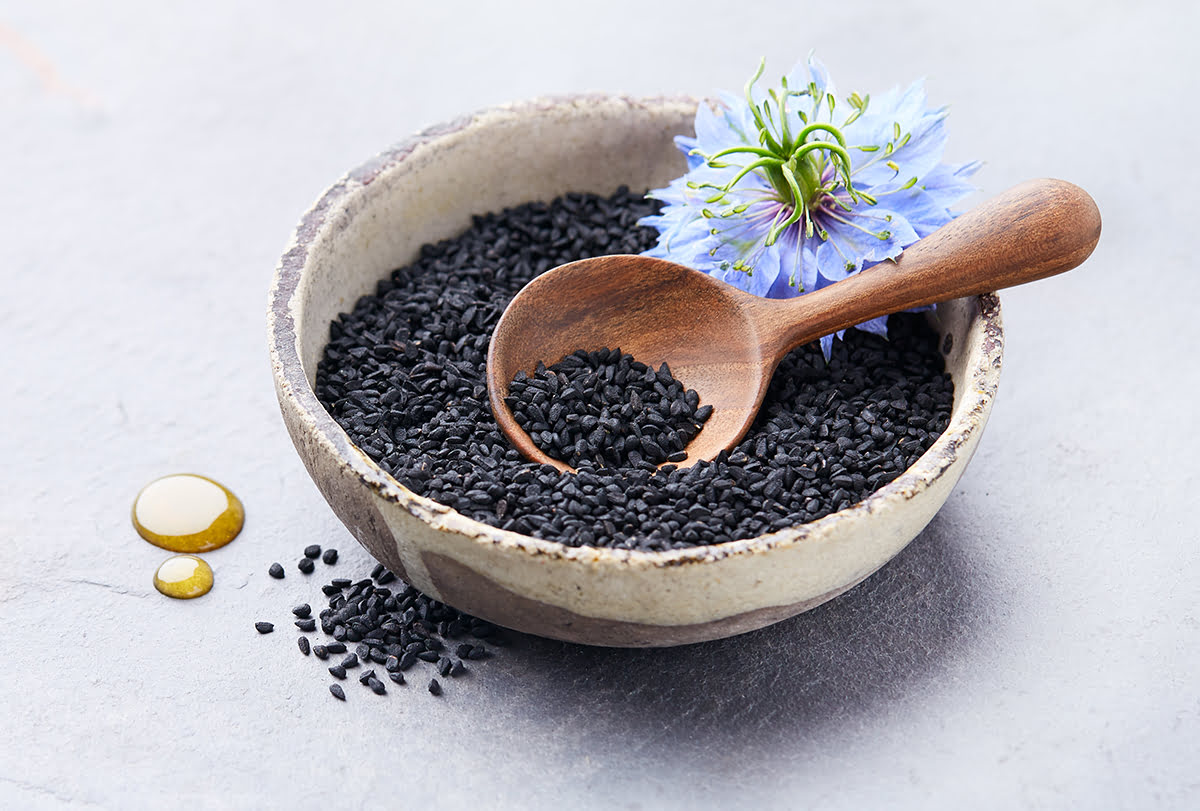
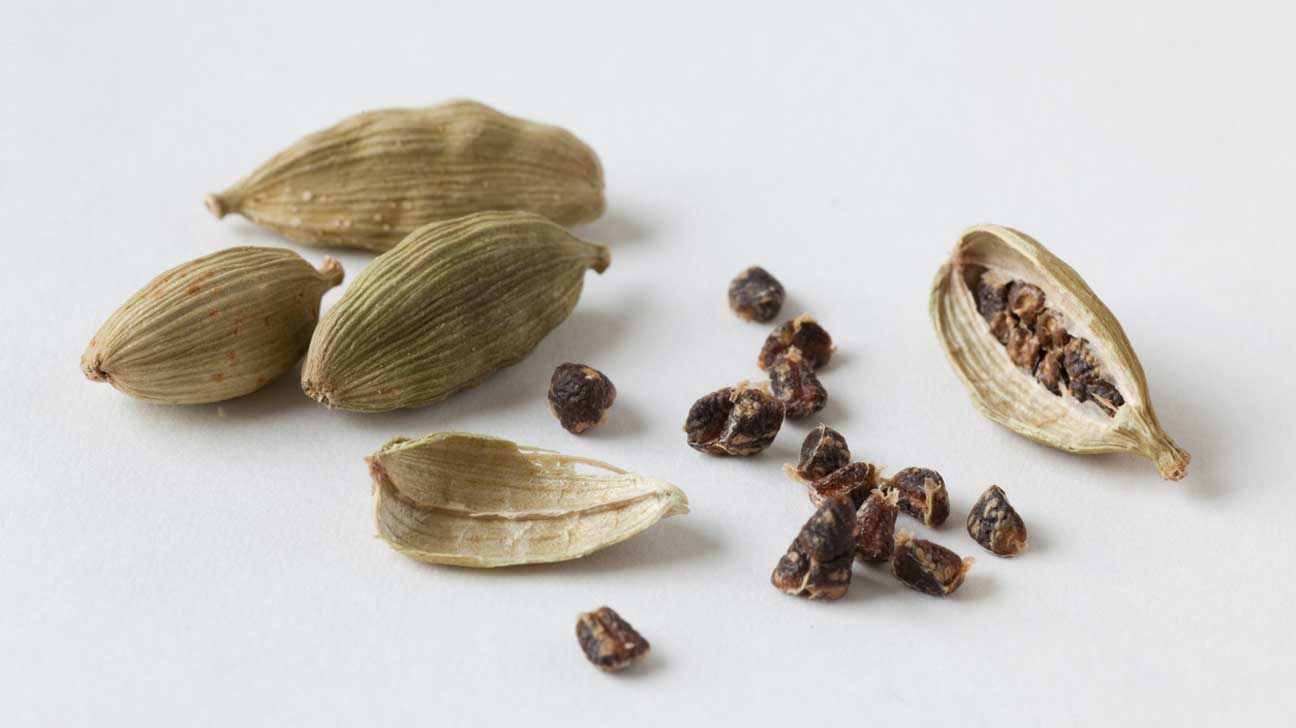
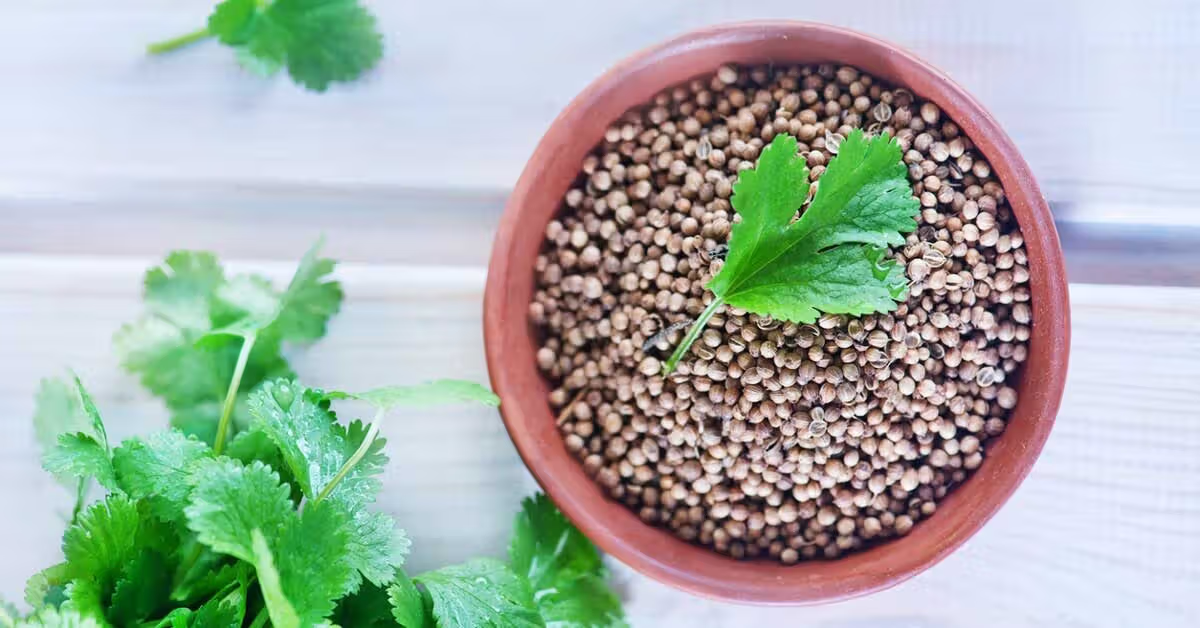
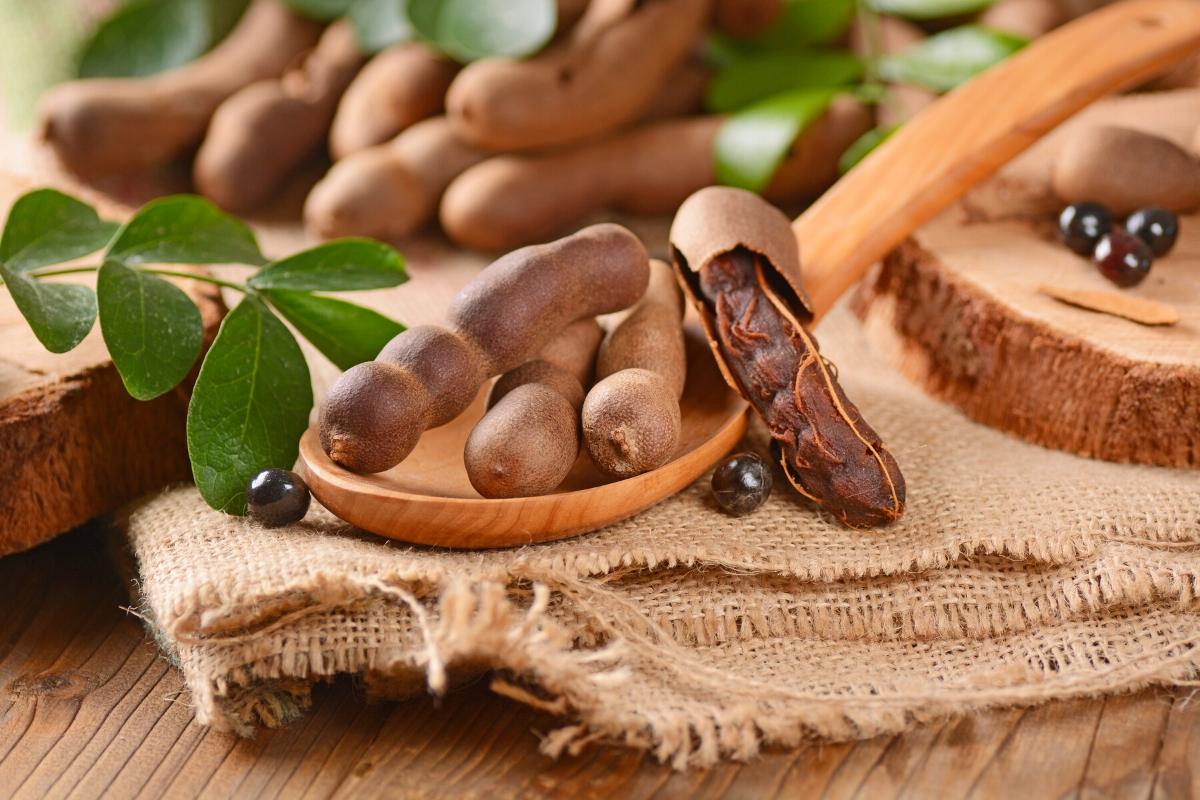
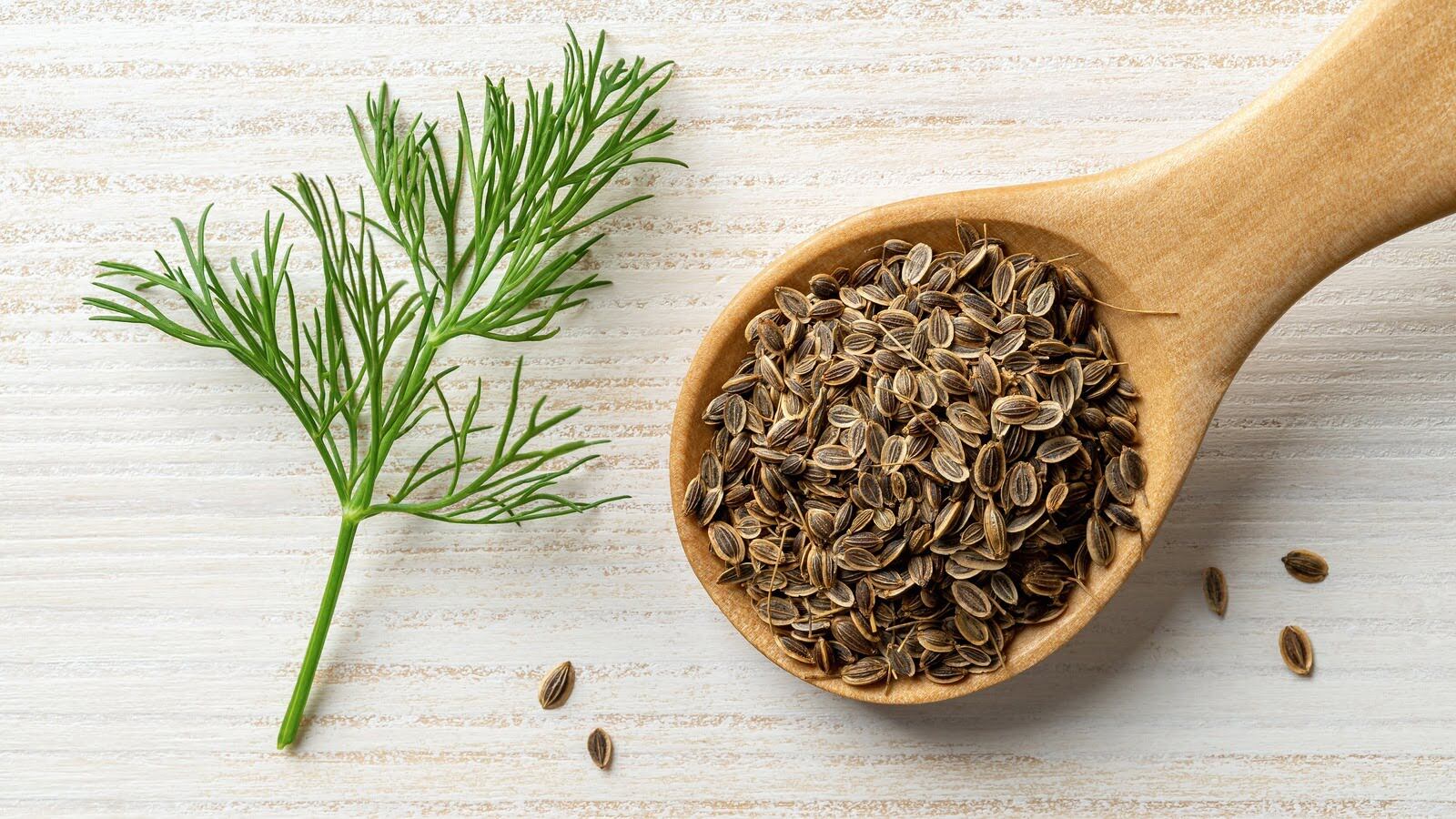
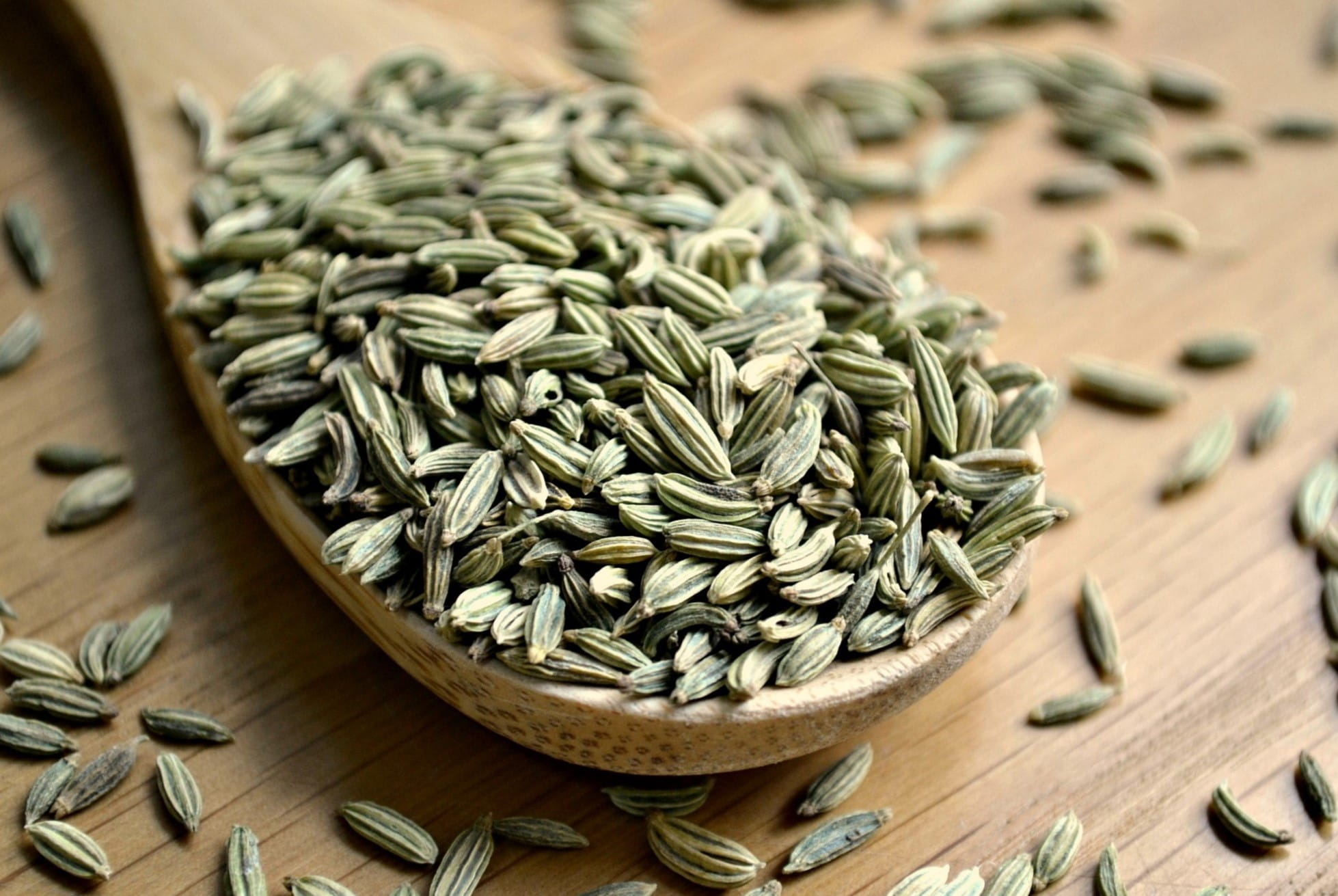
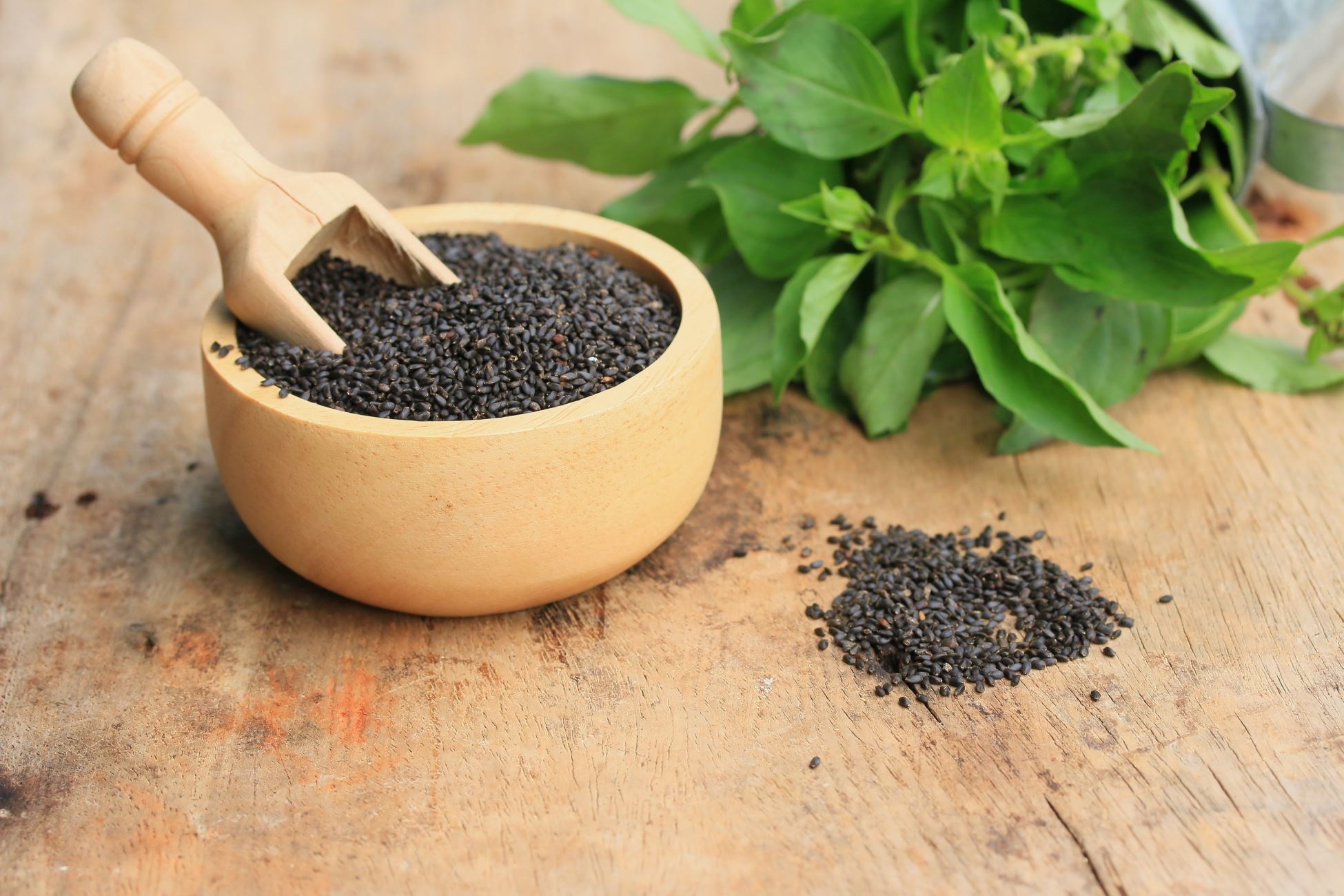

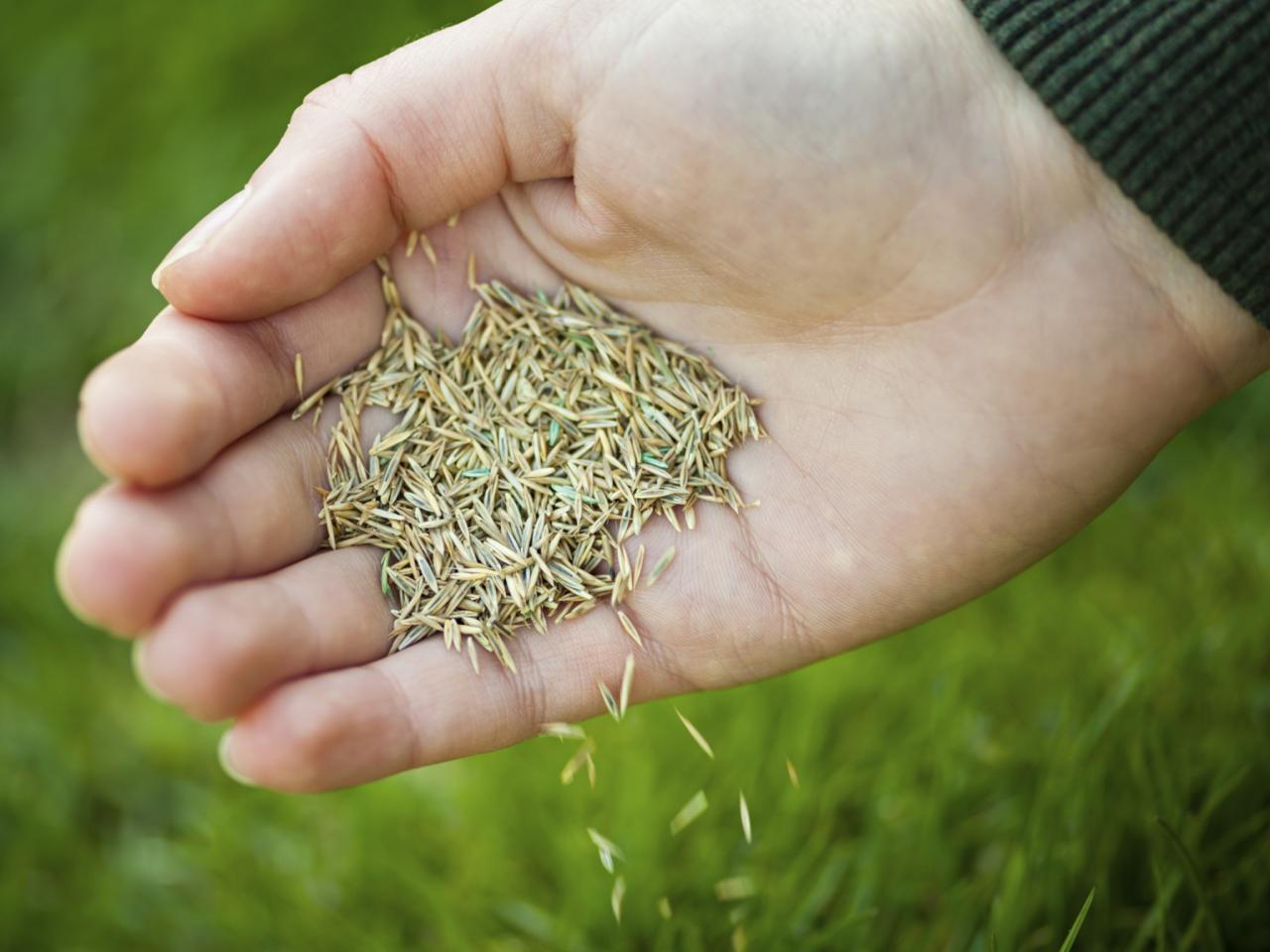
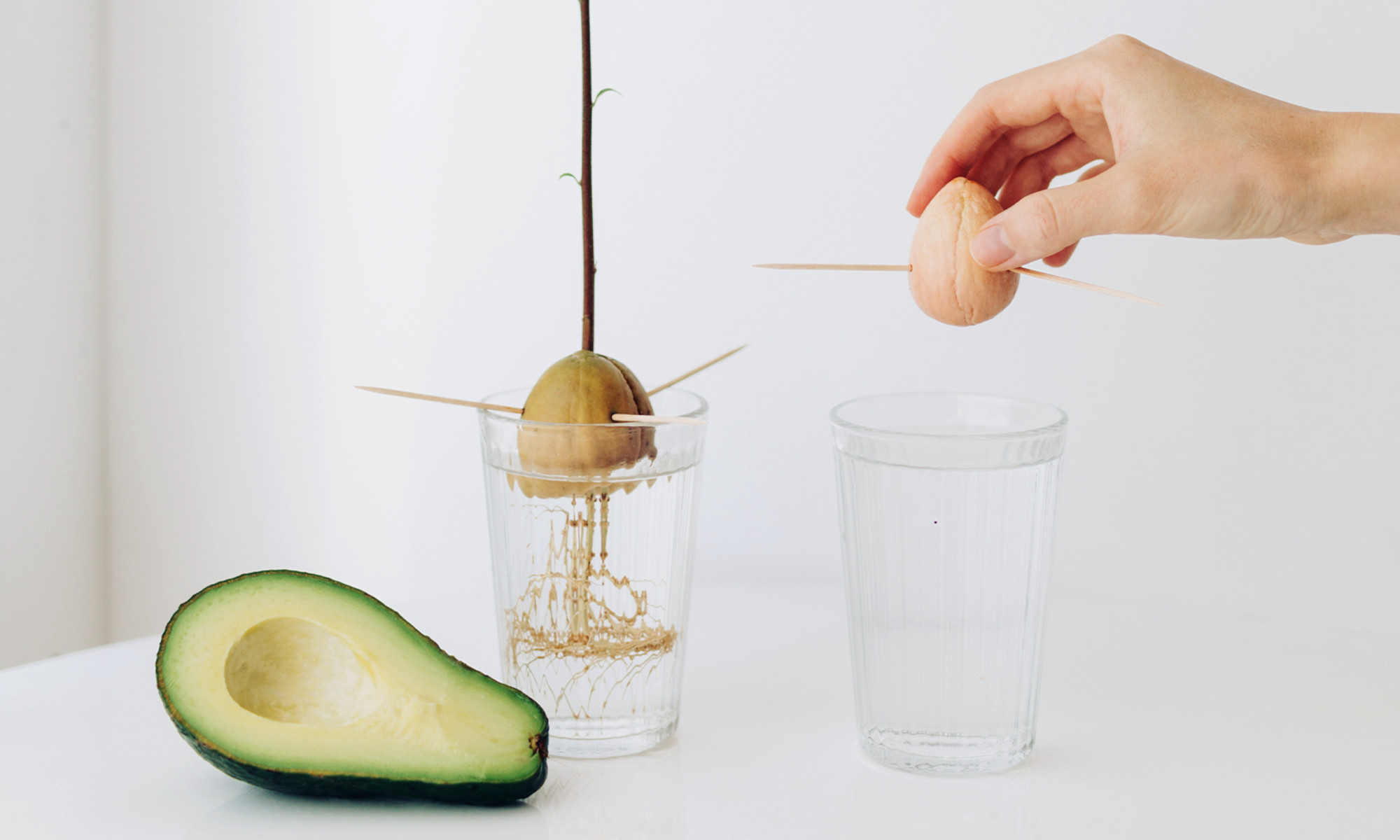
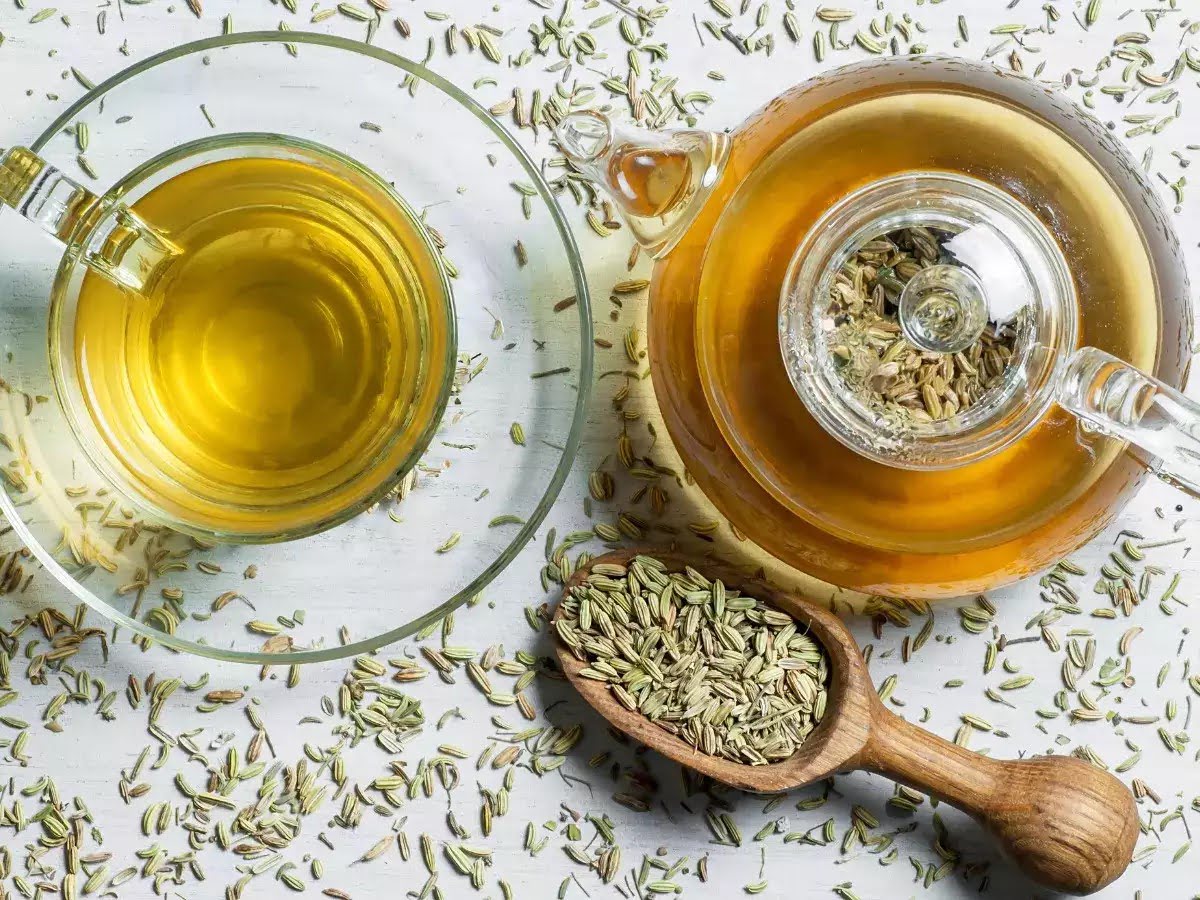
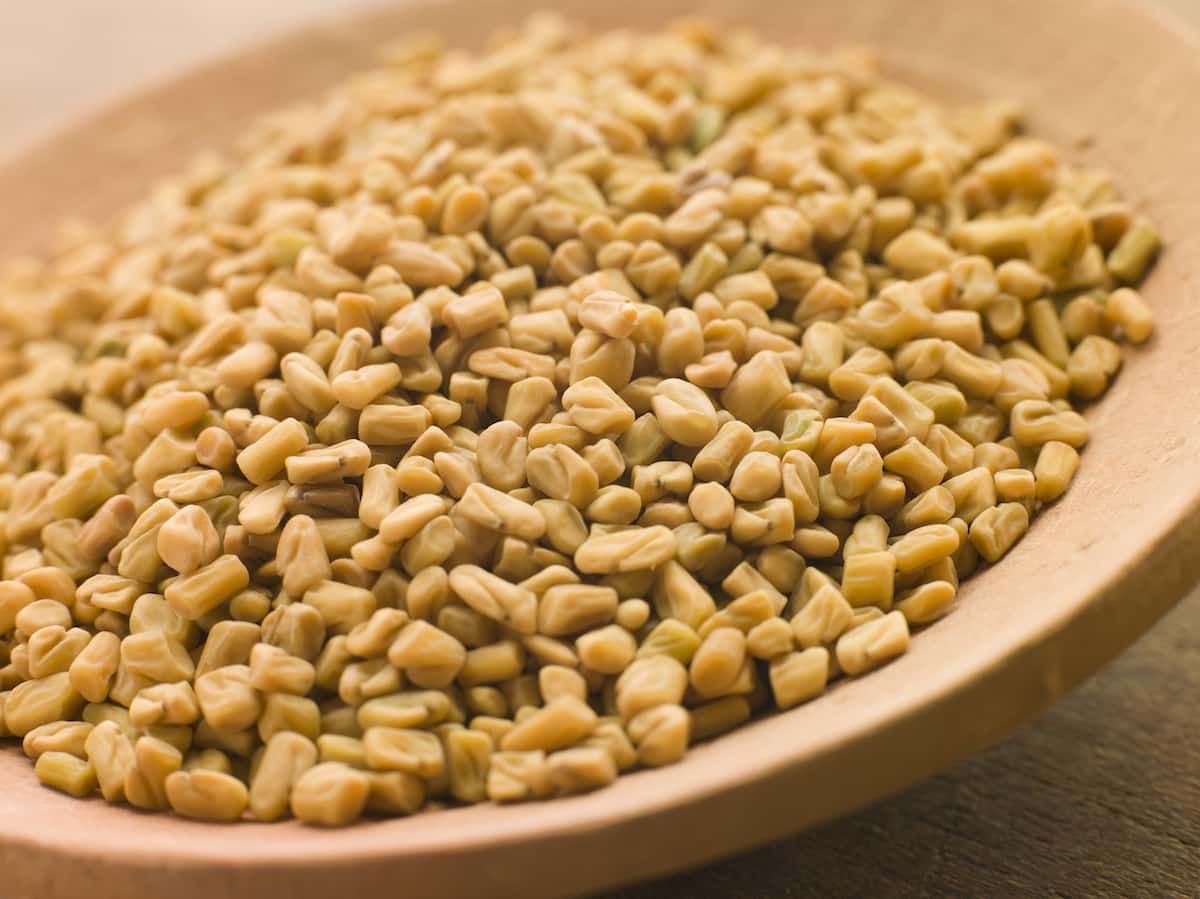
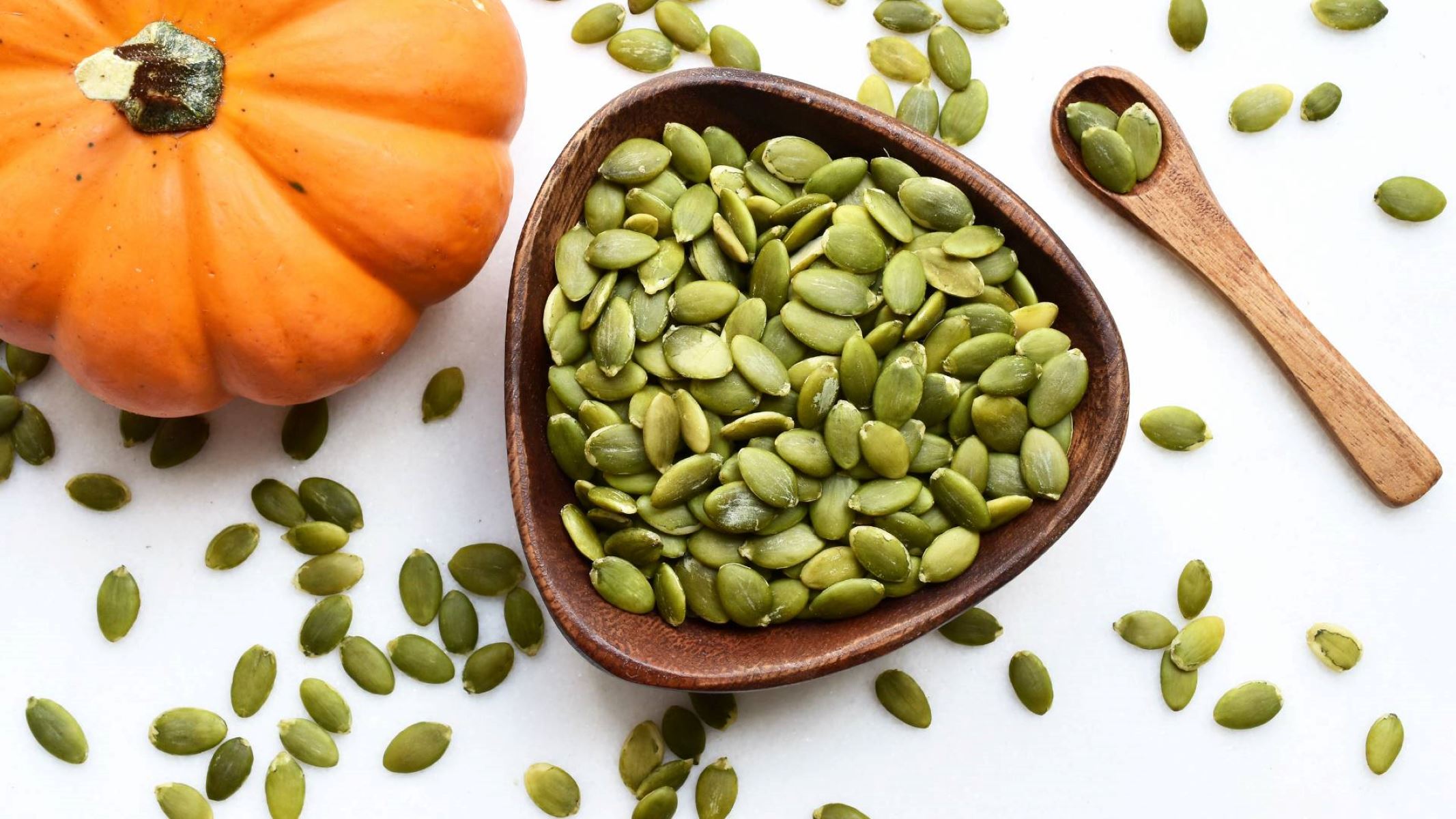


0 thoughts on “How To Use Kalonji Seeds”